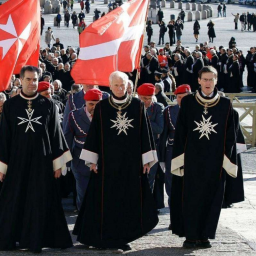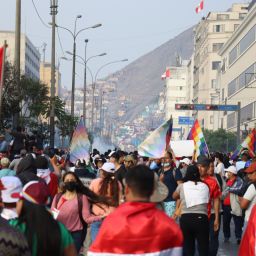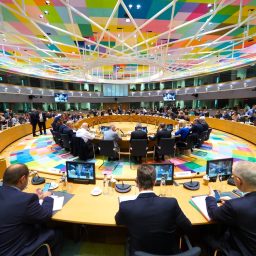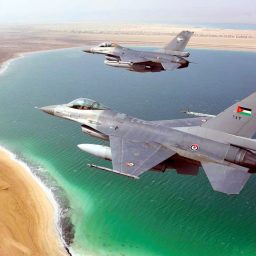Egypt Spearheading Ceasefire and Humanitarian Efforts in Gaza amid Rising Tensions and Famine

Photo:Reuters
As the conflict in Gaza continues to escalate, with the threat of an Israeli incursion into the densely populated city of Rafah looming, Egypt has stepped forward with a proactive initiative to quell the violence and address the dire humanitarian crisis. President Abdel Fattah al-Sisi, on Friday, announced Egypt’s commitment to brokering a ceasefire, improving aid delivery, and facilitating the movement of displaced persons within the Gaza Strip. The recent surge in conflict has seen a sharp increase in the number of displaced individuals, with an estimated 1.5 million people seeking refuge in Rafah, a city that straddles the border with Egypt. The situation has raised alarms about the potential for a humanitarian disaster, as aid officials have warned of a looming famine in the coastal enclave, exacerbated by the blockade and ongoing hostilities. President al-Sisi’s remarks came at a critical moment, highlighting the urgency of the situation and Egypt’s pivotal role in negotiating peace and ensuring the safety of civilians. The Egyptian leader warned of the severe consequences of an Israeli incursion into Rafah, which could lead to further displacement and exacerbate the already precarious humanitarian situation. Egypt’s proposed ceasefire aims to halt the exchange of fire and create a conducive environment for dialogue and negotiation. The cessation of hostilities is seen as a necessary first step towards stabilizing the region and preventing further loss of life and infrastructure. However, a ceasefire alone will not address the immediate needs of those affected by the conflict.
















